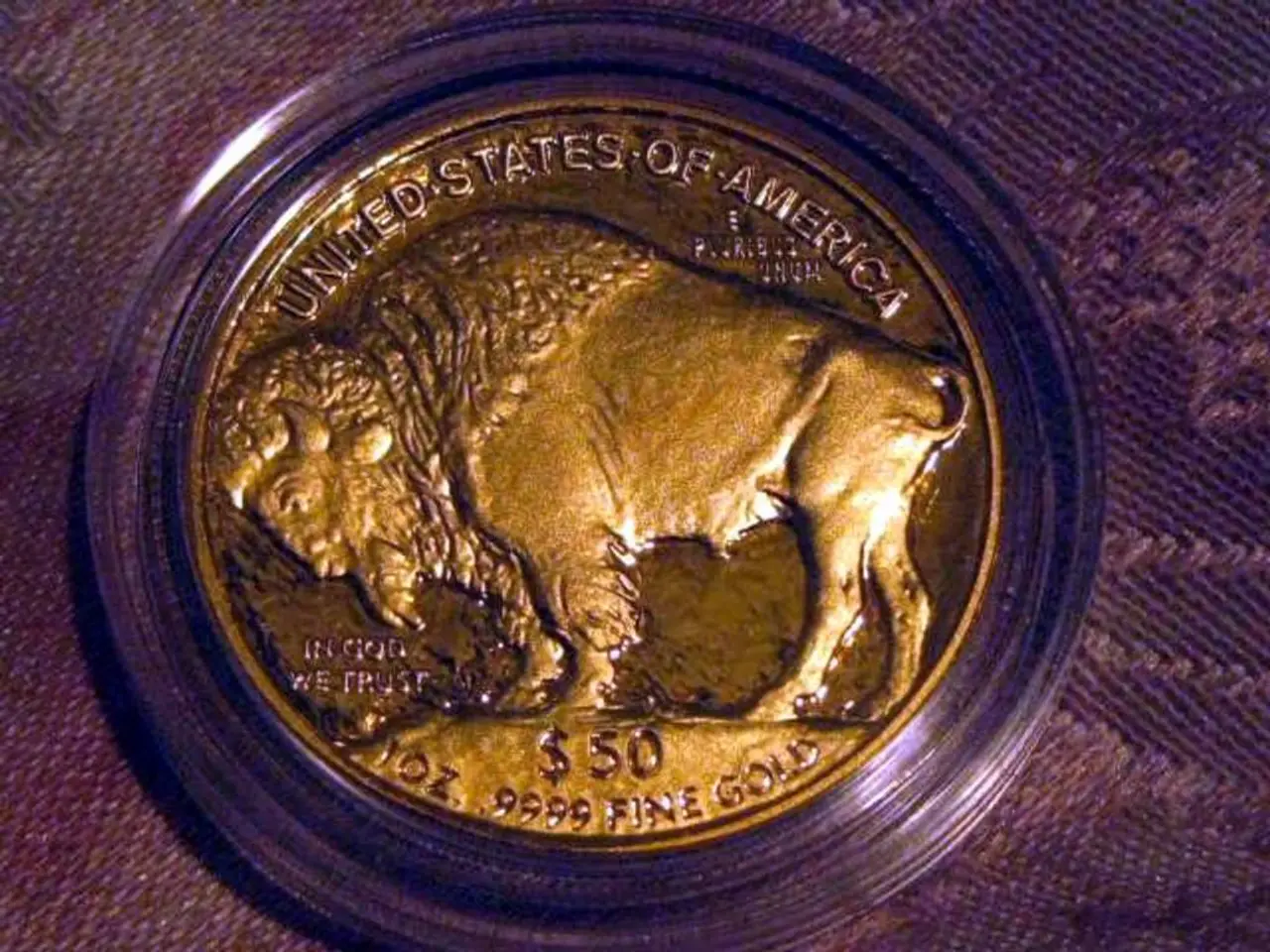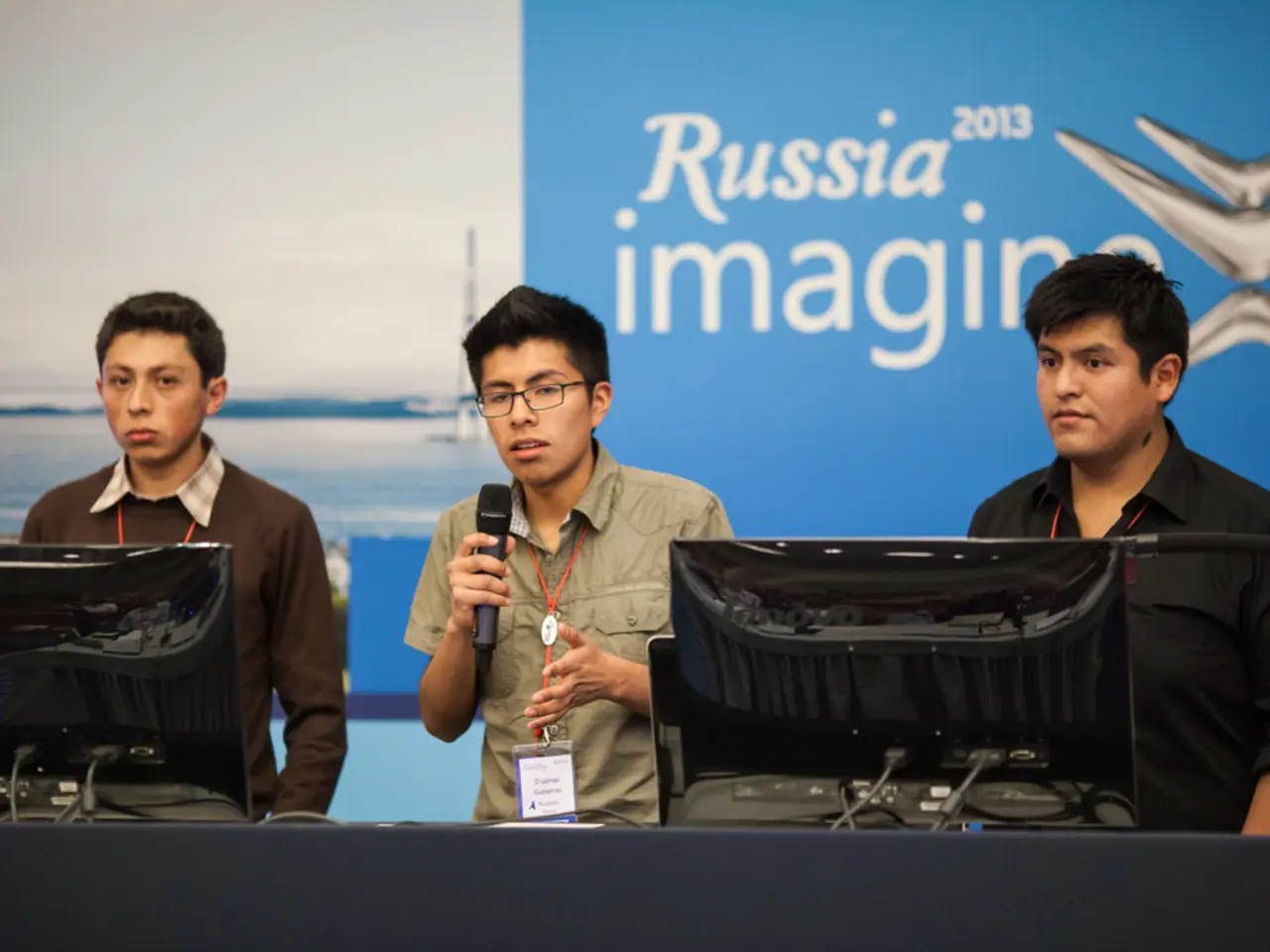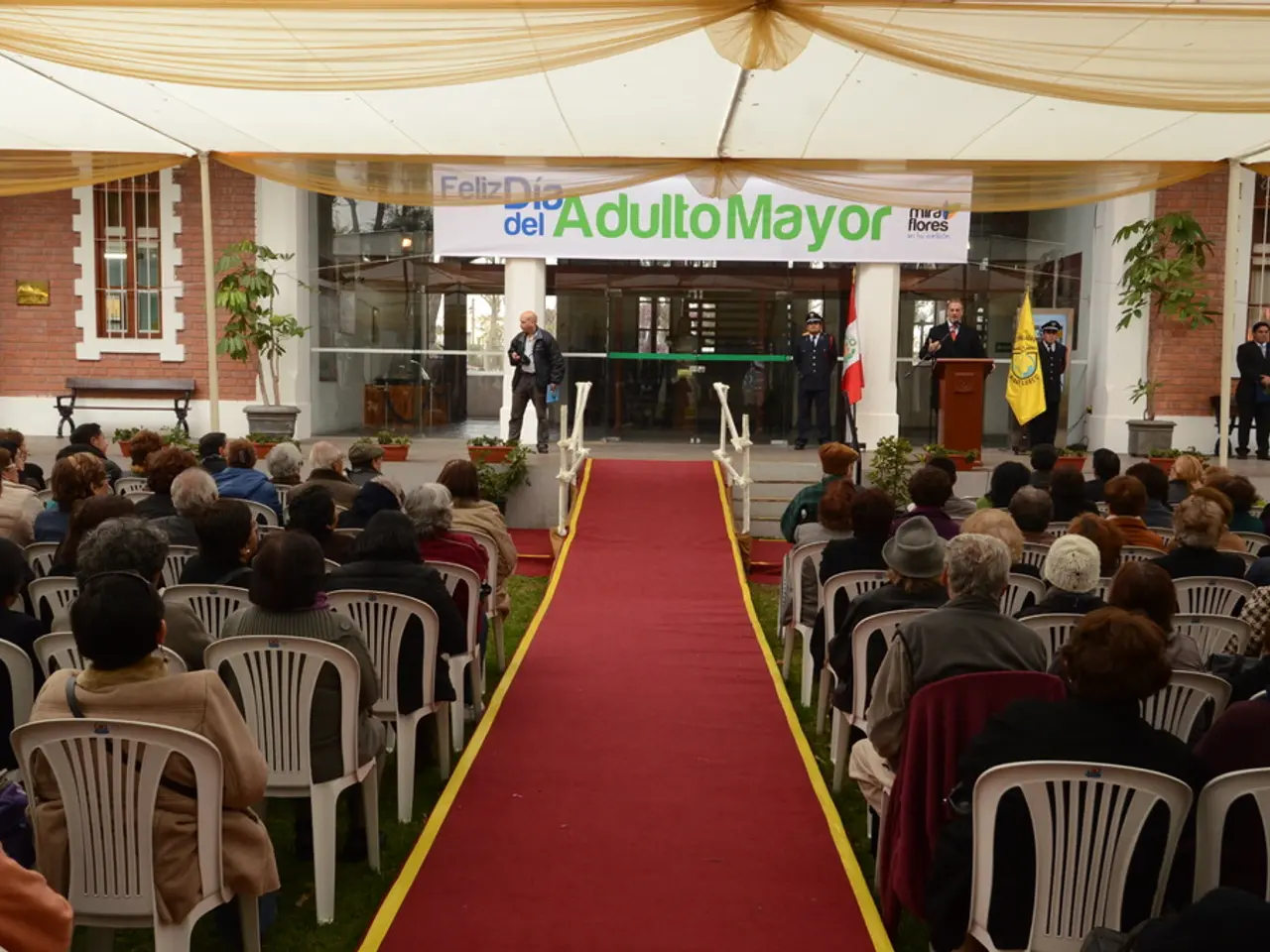U.S. Negotiations with Brazil: Lula Argues for Nation's Size, Position, and Interests
In the ongoing trade negotiations between Brazil and the United States, tensions remain high as the U.S. maintains steep tariffs on Brazilian exports. President Luiz Inácio Lula da Silva has been vocal in his condemnation of these tariffs, viewing them as "economic blackmail."
During a national meeting, Lula affirmed that Brazil is a significant player on the global stage, not a small republic, and has a very broad trade relationship worldwide. He compared the current situation to a worker in a large factory negotiating alone with the boss, stating that the deal would be unfair. Lula reiterated his support for the use of alternative currencies in international trade as a means to level the playing field.
This is not the first time Lula has spoken about the need for alternative currencies. In 2004, he mentioned a past instance of using alternative currencies with Argentina. Lula's policy on alternative currencies is a part of Brazil's negotiations with other countries, including the United States.
The U.S., under President Donald Trump, imposed a 50 percent tariff on many Brazilian imports to the U.S., effective as of early August 2025. This tariff, one of the highest imposed on any country by the U.S., targets key Brazilian exports such as coffee and meat. However, some products like Embraer aircraft, orange juice, pig iron, and petroleum were exempted.
Lula deemed it unacceptable for the U.S. government to use political justification as a reason for imposing tariffs on Brazilian products. He accused President Trump of seeking to destroy multilateralism. The President's policy of using alternative currencies has been criticized by Trump.
Despite the tensions, Lula stated that he does not wish to be subordinate to the dollar. He emphasized that he is not seeking a fight, but does not want confusion from other parties. Proposals are already on the table for negotiations between Brazil and the United States, with Lula expressing his desire for Brazil to negotiate on equal terms with the U.S.
The standoff has contributed to a geopolitical shift, with Brazil increasingly engaging more with China and other powers as an alternative to reliance on the U.S. market. The dispute is embedded within broader political and geopolitical tensions as well as mutual retaliations.
[1] Reuters. (2025). Brazil hits back at US tariffs on steel, aluminum, and other products. Reuters. https://www.reuters.com/business/autos-transportation/brazil-hits-back-us-tariffs-steel-aluminum-other-products-2025-08-01/
[2] Bloomberg. (2025). U.S. imposes 40% tariff on some Brazilian goods under national emergency order. Bloomberg. https://www.bloomberg.com/news/articles/2025-07-29/u-s-imposes-40-tariff-on-some-brazilian-goods-under-national-emergency-order
[3] Financial Times. (2025). Brazil threatens to take US to WTO over tariffs. Financial Times. https://www.ft.com/content/3973b2e6-99e7-4d75-83f4-c7d47b295054
- President Lula, in his policy-and-legislation approach, has been advocating for the use of alternative currencies in international trade, believing it would help level the playing field during negotiations, such as those with the United States.
- Amidst the ongoing political tensions and general-news regarding the tariff dispute between Brazil and the United States, Lula expressed that he does not wish to be subordinate to the dollar, hinting at a possible shift towards greater engagement with China and other powers in trade relationships.




